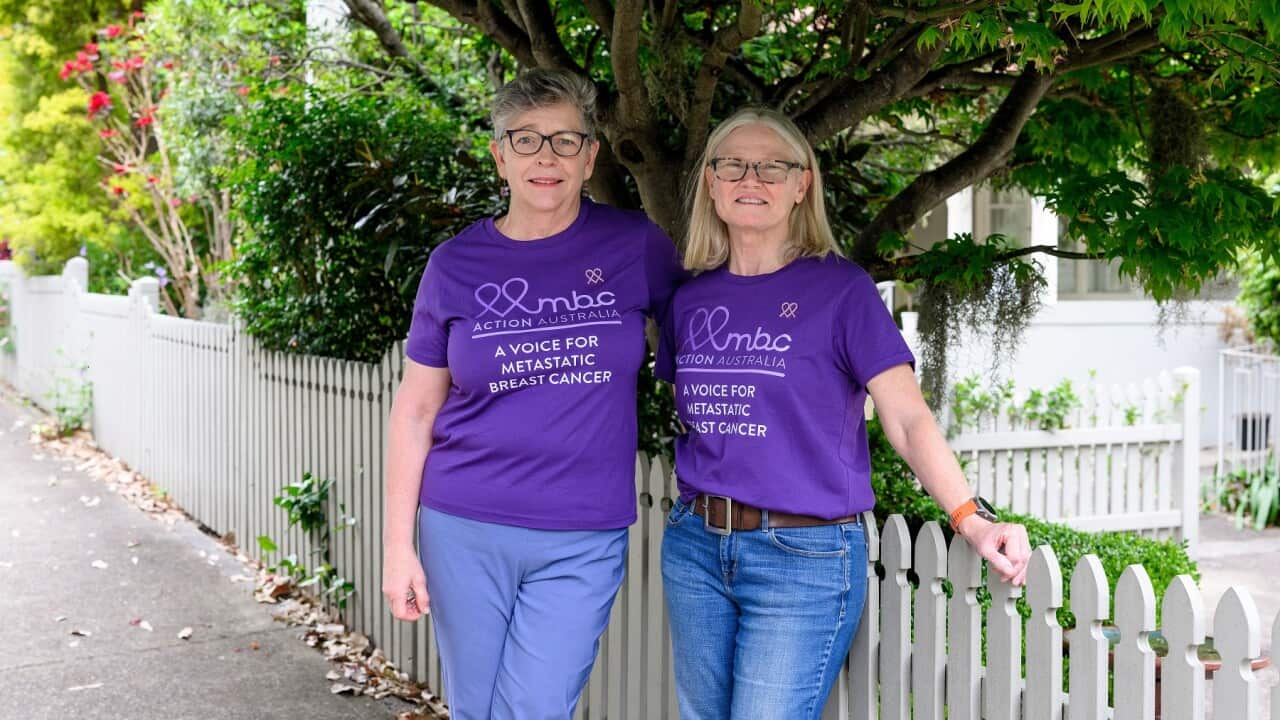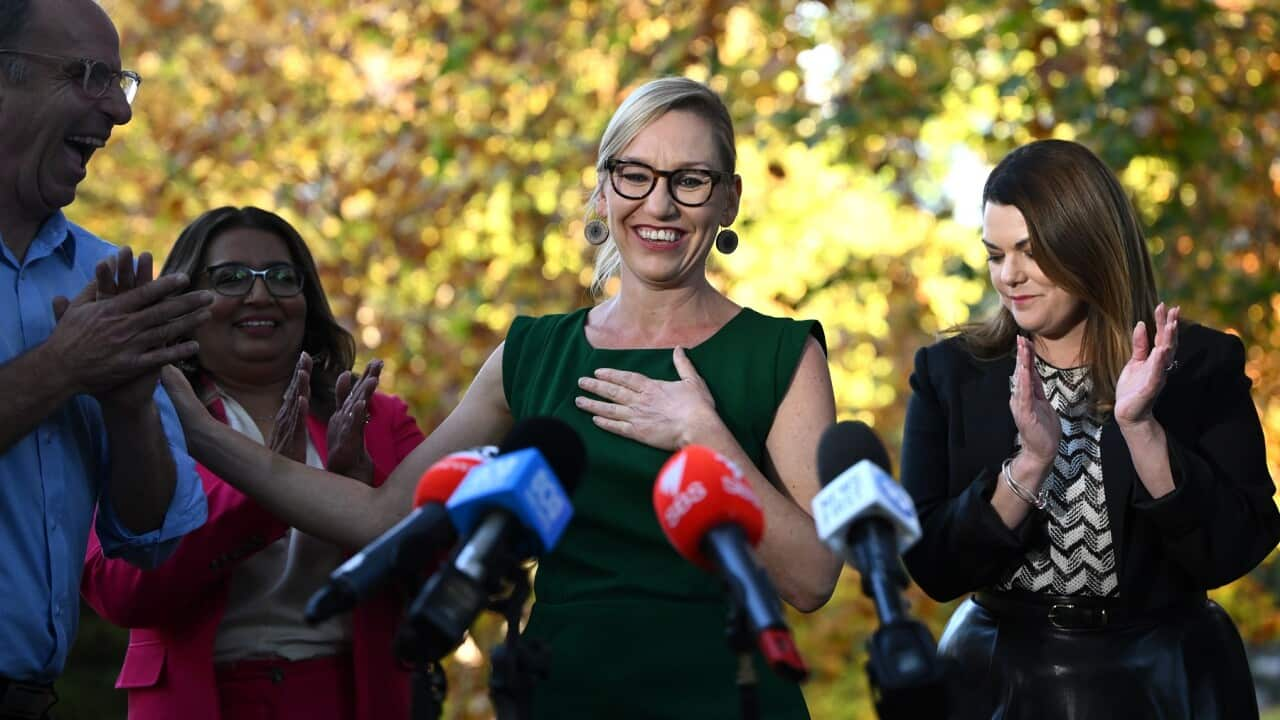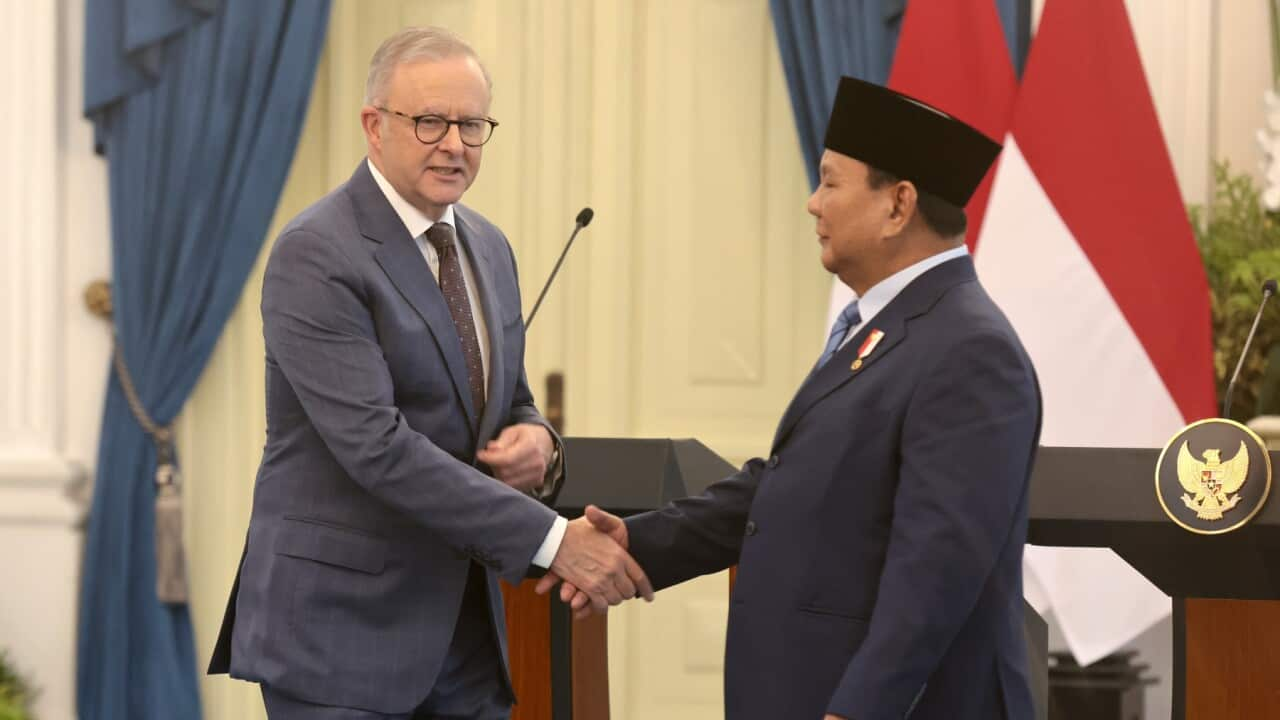TRANSCRIPT
Dr Andrea Smith is grateful to see her daughters grow up.
When she was 49, she wasn't sure she'd have that chance after she was diagnosed with metastatic breast cancer.
Dr Smith says her life since then has been an emotional rollercoaster.
“So it is incurable, and life-limiting and ultimately I will die of this unless I die of something else beforehand. But I've had a pretty good quality of life, it has its ups and downs. We're on drugs for life, and when the drugs stop working we get disease progression, the cancer continues to grow, and we have to switch to a new drug."
Nine years on from her diagnosis, she is taking each day as it comes with the support of her family, including her husband, Robert Smith.
“Andrea is just a normal, fun-loving, life-loving person. But inside there's this little time bomb ticking away that you can't see. So it's always that little air of uncertainty, about what's happening next, at the next check-up, is it going to be good or is it going to be bad?”
Around 20,000 people are diagnosed with early breast cancer every year in Australia.
But there has been no record of how many have gone on to develop metastatic cancer where the cancer spreads to other parts of the body.
Dr Smith says she is upset by the lack of data.
“There are 3,200 people who still die of breast cancer every year in Australia and they all die of metastatic breast cancer. And we often feel invisible. One of the reasons was because the cancer registries don't collect data on staging and recurrence.”
So, in a first step to feel seen, Andrea has helped launch Metastatic Breast Cancer Action Australia.
It's the country's first group to advocate for those living with the diagnosis, who are often excluded from targeted cancer services.
For example, there are more than 300 support groups for breast cancer in Australia but only about 20 are available for those with metastatic breast cancer.
It's left many feeling isolated and in need of a community, and oncologist, Professor Fran Boyle, says it's not good enough.
“We need to be able to make sure we make those services available and then once we've tested them in breast cancer, to go well lots of other people have metastatic cancer too so that needs to be then able to be rolled out across the board for other people who are in a similar situation.”
Today, the New South Wales Cancer Institute has taken a step forward becoming the first in the world to collate data on those living with the invasive disease.
It found a staggering 7900 people are living with metastatic breast cancer in the state.
New South Wales Health Minister, Ryan Park, says it will help drive research to improve the lives of those thousands of people.
“It will now guide research around treatments, clinical trials, policy changes that we may have and specific solutions that we might be able to bring in place to help those women living with metastatic breast cancer.”













